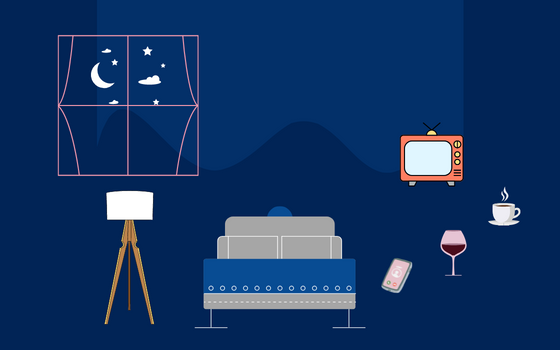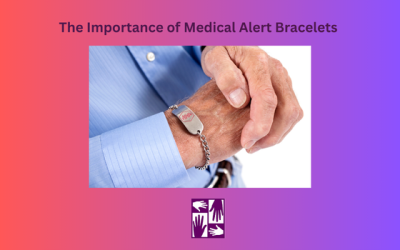Good Sleep Strategies for Better Brain Health

As we age, sleep patterns tend to change for different reasons. What we also need to keep in mind is that inadequate sleep can negatively impact brain health, some researches have only recently begun to understand. “Getting less then seven hours per night long-term could be harmful for brain health as well as pose a high risk for Alzheimer’s disease,” says Yuko Hara, PhD, Director of Aging and Alzheimer’s prevention for the Alzheimer’s Drug Discovery Foundation. All is not lost, you can start to take steps to improve sleep by first understanding how to incorporate some best practices and proven strategies into daily routine. Sleep is an opportunity for the brain to do some basic house cleaning. During sleep, wastes and toxins that accumulate daily are flushed out and neuronal connections are refined. Another theory suggests that deep sleep allows for consolidation of thoughts and ideas thus promoting learning and creativity, says Peter Polos, MD, PhD sleep medicine specialist. While the brain does not technically ‘go to sleep’ slumber is also a time for the brain to decrease its metabolic activity. It goes without saying that when you’re well rested, your mind responds accordingly. Research shows that adequate sleep maintains pathways of vigilance and attention, even emotional stability and threat detection. Our brain is at its best and most aware when we are rested.
Elderly people need about the same amount of sleep as all adults—7 to 9 hours each night. But, seniors tend to go to sleep earlier and get up earlier than they did when they were younger.
There are various reasons why older people may not get enough sleep at night. Feeling sick or experiencing pain can make it hard to sleep. Some medications can keep you awake. No matter the reason, if you don’t get a good night’s sleep, the next day you may:
- Be irritable
- Get forgetful or have memory issues
- Feel depressed
- Have more falls or accidents
You can do a variety of things to help you get good sleep, here are a few strategies to help the cause:
- Follow a regular sleep schedule. Go to sleep and get up at the same time each day, even on weekends or when you are traveling.
- Avoid napping in the late afternoon or evening, if you can. Naps may keep you awake at night.
- Develop a bedtime routine. Take time to relax before bedtime each night. Some people read a book, listen to soothing music, or soak in a warm bath.
- Try not to watch television or use your computer, cell phone, or tablet in the bedroom. The light from these devices may make it difficult for you to fall asleep. And alarming or unsettling shows or movies, like horror movies, may keep you awake.
- Keep your bedroom at a comfortable temperature, not too hot or too cold, and as quiet as possible.
- Use low lighting in the evenings and as you prepare for bed.
- Exercise on a regular schedule each day but not within 3 hours of your bedtime.
- Avoid eating large meals close to bedtime—they can keep you awake.
- Stay away from caffeine late in the day. Caffeine (found in coffee, tea, soda, and chocolate) can keep you awake.
- Remember—alcohol won’t help you sleep. Even small amounts make it harder to stay asleep
For more information on the subject, see the full article at the National Institute on Aging site.
https://www.nia.nih.gov/health/good-nights-sleep#good
To schedule a free 45 minutes consultation with one of our Geriatric Care Managers, please call 888.451.4290
Related Articles
How to Speak to Elderly Parents About Accepting Support
Strategies and tactics on how adult children can foster open and productive dialogues with seniors, helping navigate the delicate balance between independence and necessary support.
Healing Paws – Enhancing Senior’s Lives Through the Bond with Dogs
In this blog, we dive into the profound impact dogs have on seniors lives both physically and emotionally. Learn about the benefits and how to secure a new furry friend for an elderly person.
Medical Alert Awareness Month
This month we want to bring attention to the importance of medical alert bracelets, how to find them and who should be waring one.




